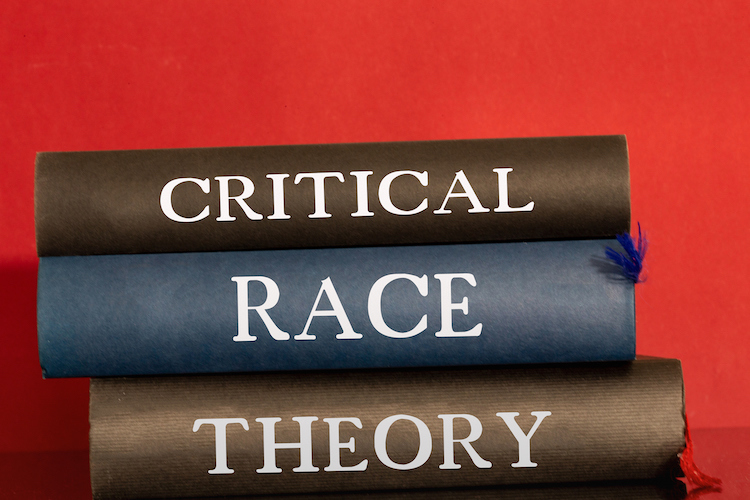- Home
- The Arizona News
- Arizona Gov. Hobbs Vetoes Bill Banning ‘Critical Race Theory’ In Schools

Arizona Gov. Hobbs Vetoes Bill Banning ‘Critical Race Theory’ In Schools
Arizona Gov. Katie Hobbs has sent a clear message as to where she stands on critical race theory being taught in Arizona schools.
On Thursday, Governor Hobbs vetoed an education bill that would ban “critical race theory,” instruction that “promotes or advocates for any form of blame or judgment on the basis of race, ethnicity or sex.”
Hobbs announced that she vetoed SB 1305, claiming she feels the bill only serves to “divide and antagonize.”
Ironically, many who oppose the teachings of Critical Race Theory in schools also feel the concept perpetuates and encourages the continual message of division.
Gov. Hobbs sent a brief letter sent to legislators saying that it is “time to stop pushing students and teachers into culture wars rooted in fear mongering and evidence-free accusation. I urge the Legislature to work with me on the real issues affecting Arizona schools: underfunded classrooms, a growing educator retention crisis, and school buildings in need of repair and replacement.”
During a news conference, Gov. Hobbs claimed that CRT is not being currently taught in Arizona.
The bill’s sponsor State Sen. J.D. Mesnard responded to the Governor’s action with disappointment and concern.
“Really it’s a slap in the face of the parents that have come forward expressing real concern with some of the assignments that their kids have had to complete,” said State Sen. Mesnard.
State Sen. Mesnard said he will work to continue to push the bill forward. “I think it’s a real issue. I think it’s a growing issue, and what we have put in the bill was so far over the line as far as what’s appropriate to be taught in our schools that it should have been a no brainer,” State Sen. Mesnard said.
What is Critical Race Theory?
Racism is wrong. Every person is deserving of equal treatment and respect. Many feel that CRT is not the solution to racism in America and does not believe it belongs in school instruction and that it only compounds the problem.
“The critical race theory (CRT) movement is a collection of activists and scholars interested in studying and transforming the relationship among race, racism, and power. The movement considers many of the same issues that conventional civil rights and ethnic studies discourses take up but places them in a broader perspective that includes economics, history, setting, group and self-interest, and emotions and the unconscious. Unlike traditional civil rights, which embraces incrementalism and step-by-step progress, critical race theory questions the very foundations of the liberal order, including equality theory, legal reasoning, Enlightenment rationalism, and neutral principles of constitutional law.”
According to the Associated Press, Critical Race Theory (CRT) is a way of thinking about America’s history through the lens of racism. It centers on the idea that racism is systemic in the nation’s institutions and that they function to maintain the dominance of white people in society.
The concern over the teaching lies within the critical race theory as an effort to rewrite American history and persuade white people that they are inherently racist and should feel guilty because of their advantages.
But the theory also has become somewhat of a wide-ranging phrase to describe racial concepts some feel find objectionable, such as white privilege, systemic inequality and inherent bias.
